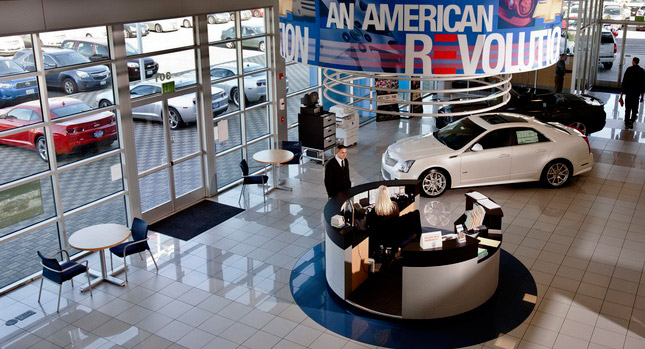The 57th United States presidential elections will take place on November 6, and naturally, Barack Obama is aiming for a second term. Politics being what it is, the automotive industry is pushing hard to get some things done.
One such issue is the inclusion of Japan on the Trans-Pacific Partnership negotiations, which Obama hopes will create a free-trade zone between the U.S. and the Asia Pacific region.
Currently, apart from the United States, there are eight other countries negotiating the plan including Australia, Brunei, Chile, Malaysia, New Zealand, Peru, Singapore and Vietnam. But three others want to join the talks that will be held this March in Melbourne.
The problem is that, while Canada and Mexico are welcome to join, Detroit’s big-three automotive companies strongly object to Japan. Obviously, the largely industrial Midwest is not a region Obama can ignore if he wants to be reelected.
Matt Blunt, president of the American Automotive Policy Council that represents GM, Ford and Chrysler, told Reuters: “Adding Japan to the Trans-Pacific Partnership negotiations will lengthen those negotiations…by years and perhaps keep them from ever coming into fruition.”
Are American carmakers afraid of their Japanese rivals? Blunt dismisses the notion.
“As advocates for free trade, we’re concerned about adding an economy like Japan,” said Blunt. “We obviously compete with a lot of automakers here and for the first time (in 2011) since 1988, we gained market share. We’re making a very competitive product now that we export all around the globe.”
In plain English, Detroit’s Big 3 will fight against including Japan in the free-trade agreement talks unless it opens up its car market to their products.
To reinforce his argument, Blunt pointed out that Japan ranks last in auto imports among the 30 countries that participate in the Organization for Economic Cooperation and Development.
“Japanese automakers control more than 95 percent of their domestic auto market”, he said. “All other OECD members, except Korea, have an import market share of more than 40 percent.”
A source from the Japanese government, who wishes to remain anonymous, refuted Detroit’s claims that its policy is what’s keeping imported cars out of the local market. “Japan has no tariffs on cars and our acknowledgment is Japan has non-tariff barriers either”, said the source.
So why do Toyota, Nissan, Honda et al practically have the market to themselves? The same government source has an explanation: “U.S. cars do not fit Japan’s market or Japanese consumers’ requirements because of size, high fuel consumption and higher prices. They need to have a line-up that suits Japanese consumers’ preferences.”
Story References: Reuters








